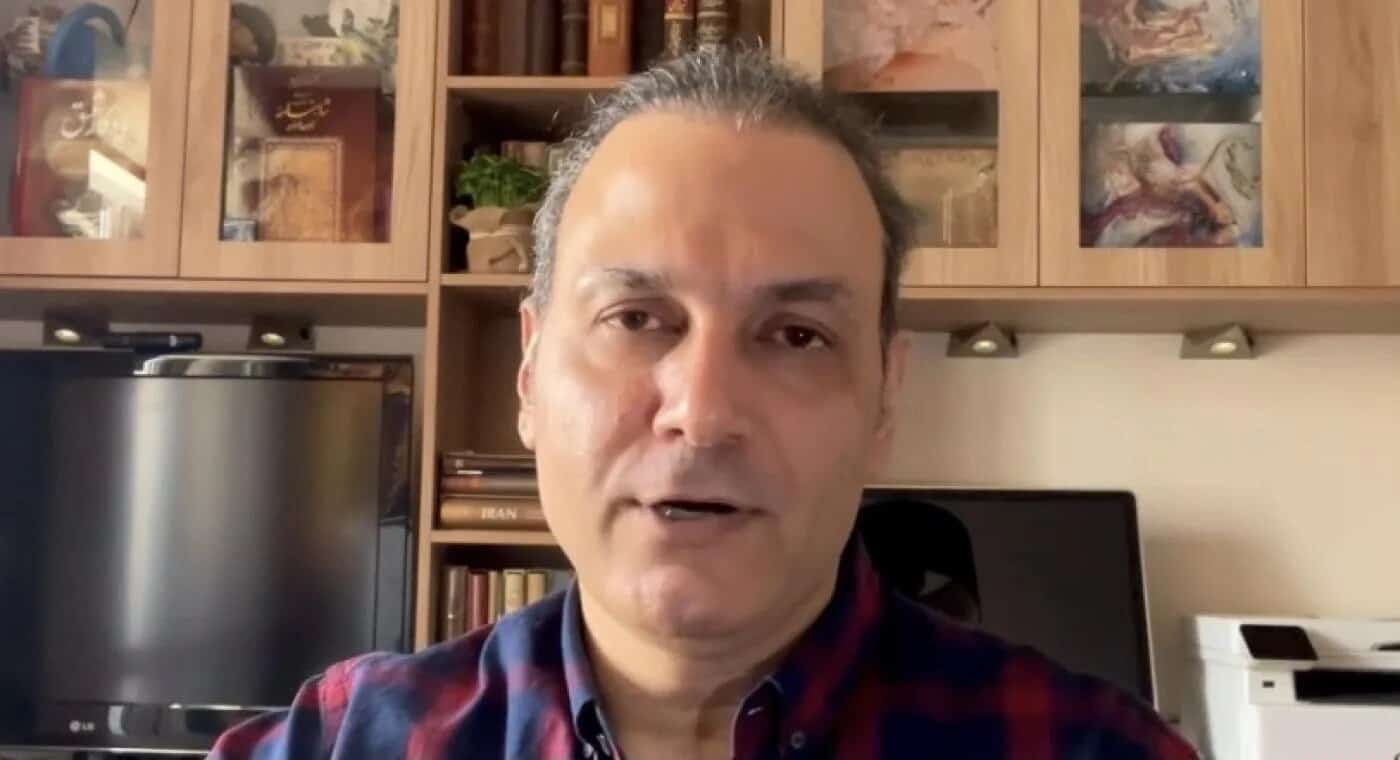But on March 25, US border patrol officers at Toronto Airport in Canada reportedly interrogated him and cancelled his US visa, preventing him from travelling.
The US government “by imposing new sanctions and preventing the entry of an Iranian singer, once again showed that… it is hostile to the people of Iran”, government spokesman Ali Bahadori said Saturday.
The US government “has a clear record of not keeping promises and breaching international and human rights standards”, he added.
The 49-year-old traditional vocalist had attributed the entry ban to his compulsory military service in the Islamic Revolutionary Guard Corps (IRGC), the ideological arm of Iran’s military.
In 2019, the IRGC was added to a US government list of terrorist organizations.
“What comes to my legal team’s mind is that a law has been passed that includes all individuals from 2019 onwards,” Ghorbani said Friday, in a video posted on Instagram.
The IRGC claimed responsibility for a missile attack on Iraq’s Arbil on March 13, saying it targeted an Israeli “strategic center”, and warning of more attacks.
Relations between the US and Iran have been severed since April 1980, a year after the fall of the pro-Western shah.
The two arch-rivals are currently engaged in indirect negotiations in Vienna to restore a 2015 nuclear deal between Iran and world powers, from which Washington unilaterally withdrew in 2018.
Among the key sticking points in the negotiations is Tehran’s demand to delist the IRGC from the US terror list, with the US recently affirming that sanctions on the Guards would remain.








